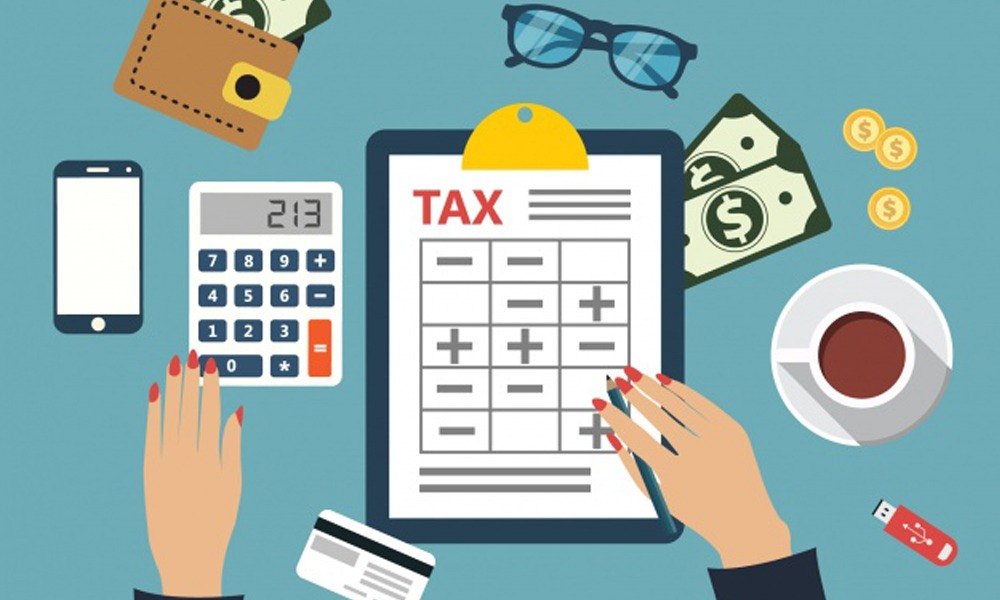In the United States, the tax code allows individuals to deduct certain expenses from their taxable income. For legal professionals, understanding which expenses can be deducted is crucial for maximizing potential tax savings.
According to a report by the American Bar Association, lawyers spend an average of 3% to 5% of their gross income on professional expenses annually. Therefore, it becomes essential for lawyers to explore whether their various expenditures, such as continuing education courses or office supplies, qualify as deductible expenses.
The deductibility of lawyer expenses depends on several factors, including whether the expense is ordinary and necessary for conducting business and if it is incurred while carrying out legal services. While there are specific guidelines provided by the Internal Revenue Service (IRS), determining what qualifies as deductible can still be complex due to variations in individual circumstances.
Legal professionals must carefully analyze each expense category and understand how it aligns with IRS regulations before claiming deductions. By gaining a comprehensive understanding of qualifying expenses and employing effective strategies for maximizing deductions within legal boundaries, lawyers can potentially reduce their overall tax liability and retain more of their hard-earned income.
Understanding Tax Deductions for Legal Professionals
Tax deductions for legal professionals can be understood by examining the specific criteria and guidelines set forth by the tax authorities.
When it comes to lawyer expenses, there are certain conditions that need to be met in order for them to be tax deductible. Generally, legal fees incurred for the purpose of producing or collecting taxable income, or for the management, conservation, or maintenance of property held for producing such income, are considered deductible.
This includes fees paid to obtain advice and assistance on matters related to business activities or investments. However, personal legal expenses such as those related to divorce or criminal defense are generally not deductible.
It is important for legal professionals to keep detailed records and documentation of their expenses in order to substantiate their claims for tax deductions. Additionally, it is advisable for lawyers to consult with a qualified tax professional who can provide guidance on specific deductibility rules and regulations applicable in their jurisdiction.
Qualifying Expenses for Tax Deductions
Qualifying expenses that are eligible for deductions include those related to legal services. This encompasses costs incurred for the provision of legal advice, consultation fees, and representation in court.
Additionally, expenses associated with research materials such as law books or online subscriptions may also be deductible.
It is important to note that only expenses directly connected to the practice of law can be claimed as deductions. For example, personal expenses like commuting or meals cannot be included.
To ensure compliance with tax regulations, it is advisable for legal professionals to keep detailed records and receipts of all relevant expenditures throughout the year. By doing so, they can accurately determine which expenses qualify for tax deductions and maximize their potential savings while maintaining a professional and ethical approach in their financial practices.
Maximizing Deductions for Lawyers
To optimize potential savings and adhere to legal regulations, legal professionals can strategically leverage eligible expenditures directly related to their professional practice. Maximizing deductions for lawyers involves careful consideration of various expenses that may qualify for tax deductions. These include costs associated with maintaining a law office such as rent, utilities, and office supplies.
Additionally, fees paid to professional organizations or bar associations, continuing education courses, subscriptions to legal research services, and even the cost of hiring expert witnesses may be deductible. It is important for lawyers to keep detailed records and documentation of these expenses in order to support their claims during tax filing.
By taking advantage of all eligible deductions, lawyers can maximize their tax savings while remaining compliant with relevant laws and regulations.
Conclusion
Tax deductions for lawyer expenses can be a valuable benefit for legal professionals. By understanding the qualifying expenses and maximizing deductions, lawyers can significantly reduce their tax liability.
Some of the eligible expenses include fees paid to professional organizations, continuing education courses, office supplies, and research materials.
To maximize deductions, lawyers should keep detailed records of all business-related expenses and maintain accurate documentation. This will help ensure that they can substantiate their claims in case of an audit. Additionally, it is essential to consult with a tax professional or accountant who specializes in working with legal professionals to navigate the complex rules and regulations surrounding tax deductions.
One anticipated objection may be that claiming tax deductions for lawyer expenses is too complicated and time-consuming. While it is true that keeping thorough records and understanding the intricacies of tax laws can require effort, the potential benefits outweigh the challenges.
By dedicating time to properly document and categorize deductible expenses throughout the year, lawyers can significantly reduce their taxable income and ultimately lower their overall tax burden.
In conclusion, lawyer expenses are indeed tax-deductible for legal professionals who meet certain criteria. Understanding what qualifies as deductible expenses and diligently maintaining proper documentation are key factors in maximizing these deductions.
Despite any perceived complexity or time commitment involved in claiming these deductions, doing so can lead to substantial savings on taxes for lawyers. Seeking guidance from a knowledgeable tax professional will further facilitate this process by ensuring compliance with applicable laws and regulations while optimizing available deductions.
You can read more articles from another author and tax expert named Bruce Willey right here.

